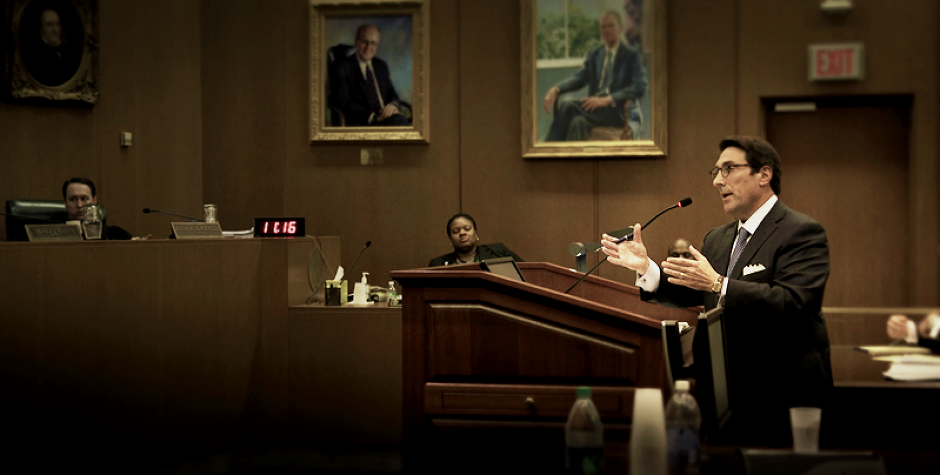Standing with Georgia to Protect Children from Online Sexual Exploitation
At the ACLJ, we recognize our duty to protect all young children from harm.
To this end, I was appointed as a Special District Attorney to represent the State of Georgia in defense of a law protecting young children from online sexual exploitation. I led a team of our senior attorneys and worked with the District Attorney's Office in preparing a Brief on behalf of the State, which we had previously filed in the case.
On Monday, I presented oral arguments in this case before the Supreme Court of Georgia.
Here’s what’s at stake: Georgia has enacted a law prohibiting the crime of “obscene Internet contact with a child.” A defendant indicted for that crime has challenged the law’s constitutionality. Unsuccessful in the trial court, he appealed to the state’s highest Court.
The essence of the crime prohibits the online sexual exploitation of children. It governs one of the most reprehensible forms of child abuse, and the outcome of this case will have a dramatic impact on how states are equipped to protect the most vulnerable in our society.
In his appeal, the defendant in this case argued that the law violates his First Amendment right to free speech. He claims the First Amendment gives him (and others) the right to engage in contact with children on the Internet - contact that is prohibited by Georgia law.
He couldn’t be more wrong.
As we explained to the Court in our Brief and as I argued to the Court:
This case is not about merely offensive speech, or even sexual “speech” between adults or between adults and children. Rather, this is a case about explicitly sexual Internet contact knowingly made to the targeted child and intended to cause sexual arousal or satisfaction for the defendant or the child. The State has the right and the duty to protect children from this type of harmful contact.
There is no right to sexually abuse children for one’s own demented gratification. It’s child exploitation, plain and simple.
This type of conduct may not bother the defendant, but as I told the Court, “It bothers the State of Georgia.” The people of Georgia want to protect their children from this kind of child exploitation. The law passed in the Georgia General Assembly with just one “nay” vote. The legislature carefully drafted the statute in keeping with its duty to protect children from online sexual abuse. Georgia Law Enforcement and District Attorneys are working hard to enforce the law and shield children from the disturbing exploitation. This law gives the State a critical tool to protect children. This is why I agreed to defend this important law before the Supreme Court of Georgia.
Standing with Georgia to protect its children is important enough. But it’s not just Georgia’s children who are subjected to this type of exploitation. By passing this law in recognition of the unique dangers presented by the Internet, Georgia is ahead of the curve. In light of the evolving threats modern technology poses to children, Georgia’s law stands as a shining example to other states. We are honored to stand with Georgia as it stands to protect its children.
The Brief has been filed. The oral arguments have been presented. Now the court will decide this important case. We will continue to keep you informed as we take action to protect children from sexual abuse.

